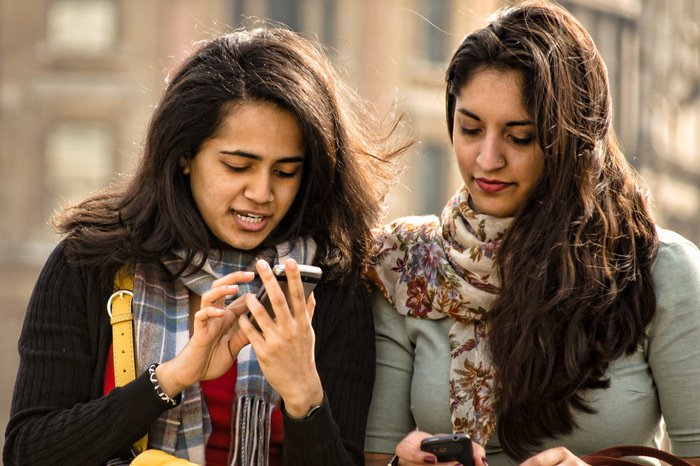Opinion: Think, then click

PHUKET: If you live on Phuket long enough, or pay attention to the news coverage while you are here, it becomes quite apparent how fascinated islanders – both Thai and foreign – are by horrific road accidents.
The sheer number of road deaths that occur on Phuket put into sharp focus how dangerous the roads are and exactly how fragile life is. Yet, after the initial shock and sadness of hearing about another senseless road-death wears off and the stories have run their circuit around local news sites and social media, every one returns to their daily lives.
But how about when the accident victim does not die?
In Phuket, if we see a photo of someone we know, or someone our friends know, being shared around social media, we immediately tune in to the news and probably end up sharing the same information ourselves – without taking the time to question the validity of the content.
Many don’t take into account the ramifications of sharing information – whether it’s true or not – about accidents at the time; they don’t consider the effects it can have as it rapidly spreads through the internet.
In our globally-connected world, it is very possible that a victim’s family members overseas are getting skewed information about a suffering loved one from a stranger’s Facebook post before they can be told by those closest to them.
When a foreigner is involved in a fatal accident in Phuket, the media often withholds the name of the victim until next of kin is notified. This is absolutely the most ethical and sensitive choice to be made when in possession of such information.
I submit that the media act in the same sensitive manner when dealing with those who are involved in serious accidents that could eventually result in death or life-altering injuries.
The damage caused by a serious road accident goes beyond the physical state of the victim; it also takes a massive toll on family and friends. This damage can be mitigated by thinking carefully about what is shared and published about such a horrific situation, before automatically reacting and publicly spreading false, fragmented or ‘half-true’ information.
Sharing information is the nature of the internet beast, I suppose, but I worry that people are forgetting to think about what they are publishing through media outlets and self-publishing through personal social media outlets. I worry that they are forgetting the possible consequences and pain that could be caused by their actions, especially if the information is incomplete or worse incorrect.
Expats and frequent visitors can help change this frightening trend by being aware of the serious damage that can be done as they choose to disseminate information through social networks. It’s hard not to be drawn to a road accident story, but try to think before you click ‘share’.
— Rae Kelly
Latest Thailand News
Follow The Thaiger on Google News:


























